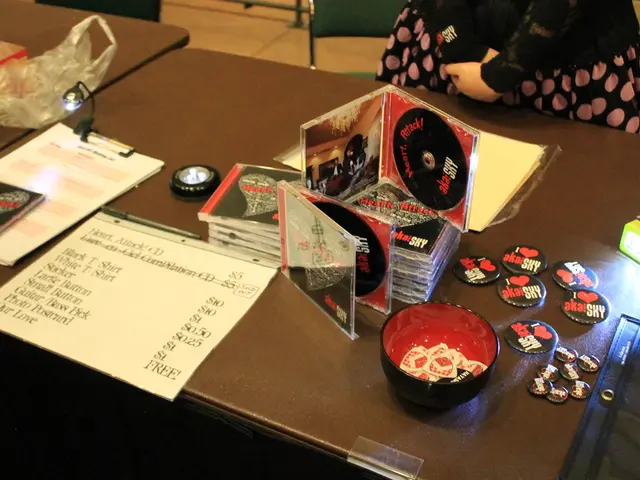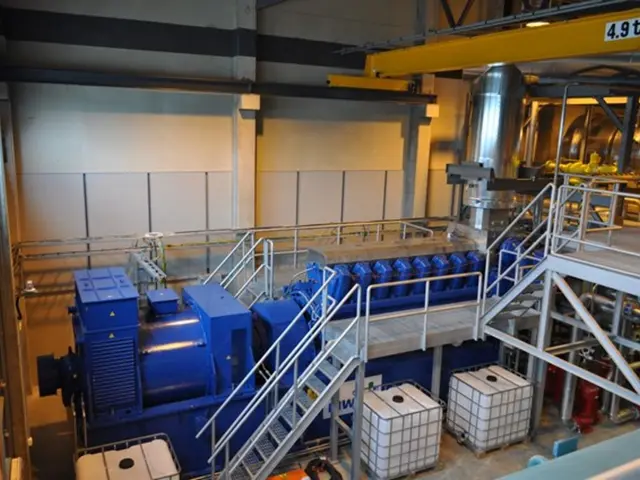Rewritten Article
U.S. Car Market Welcomes Resumed Sales by Jaguar Land Rover
```markdownSailing Once More
It appears that Jaguar Land Rover's (JLR) vessels have set sail for the United States again, as reported by The Times, following a one-month standstill. This move signals a potential adaptation to the increased costs associated with the American market, where JLR's luxury vehicles are in high demand.
JLR had initially announced the halt of shipments to the US on April 6, as the company sought to gauge the implications of the new trade conditions with their partners. After a thorough assessment, they seem to be on their way to implementing both short-term and long-term strategies to address these changes.
The US, a significant market for JLR, has been hit particularly hard by the trade war, with the American market yielding more profit for the automaker than any other. JLR annually sells 400,000 vehicles, with nearly a quarter going to the US. As of April 3, a 25% tariff on imported vehicles took effect, affecting JLR significantly.
US President Donald Trump specified that tariffs would apply only to "non-US content in the vehicle" for vehicles produced under the USMCA agreement.
US Market Challenges
- ** Tariff Troubles**: The looming 25% tariff poses a considerable challenge to JLR's operations stateside, testing their resilience and adaptability in the face of escalating costs.
Timely Adjustments and Beyond
- ** Short-Term Steps**: JLR may be focusing on tweaking its supply chain and production processes to identify ways to offset added costs or minimize reliance on imports as a temporary solution^{2}^{3}^{4}.
- ** Long-Term Plans**: To ensure lasting profitability, JLR might consider diversifying production locations or reshaping certain manufacturing processes to capitalize on more favorable trade agreements. This may necessitate extensive investments and considerable time^{3}.
- ** Diplomatic Efforts**: Engaging in dialogues with government officials and lobbying on an industry level could prove crucial in seeking reductions or eliminations of the tariffs^{4}.
Moving Forward Together
The revival of shipments to the US is a possible sign that JLR is making progress on its short-term strategies to weather the tariff storm. We eagerly await the unveiling of their long-term plans for continued success in the US market.```
Note: The Enrichment Data has been incorporated sparingly for context and depth.
- Jaguar Land Rover (JLR) is resuming shipments to the United States after a one-month pause, suggesting an adjustment to the increased tariffs on imported vehicles in the American market, where JLR's luxury vehicles are popular.
- As JLR annually sells around 400,000 vehicles, with about a quarter going to the US, the sudden imposition of a 25% tariff on April 3 presents a significant challenge to JLR's operations in the US.
- To combat these added costs, JLR may be investing time in temporarily modifying its supply chain and production processes to minimize reliance on imports.
- For lasting profitability, JLR might consider long-term strategies such as diversifying production locations or reshaping manufacturing processes to take advantage of more advantageous trade agreements.
- To further address the tariff issue, JLR might pursue diplomatic efforts like engaging in dialogues with government officials and lobbying on an industry level for potential reductions or eliminations of the tariffs.








